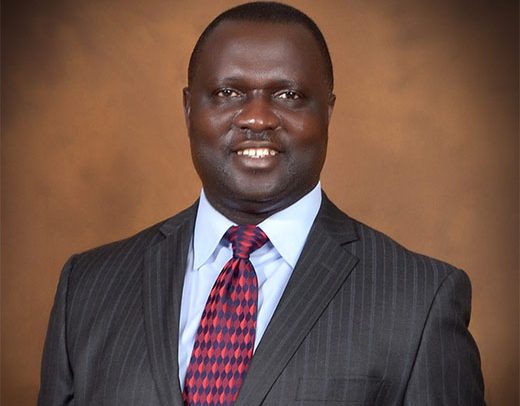Dr. Yaw Osei Adutwum
The government has disbursed a total of GH¢133,950,053.00 to the National Food Buffer Stock Company Limited and the Ghana Education Service (GES) to cater for recurrent expenses including perishables.
This, according to the Minister of Education, Dr. Yaw Adutwum, is contrary to claims of non-payment of recurrent fees, feeding (perishables) and intervention grants.
He refuted claims raised by the National Association of Graduate Teachers (NAGRAT) on the payment of the capitation grants to the basic schools, posting of teachers, and political appointments of teachers by his ministry.
The National Association of Graduate Teachers (NAGRAT) last week, at a presser, gave the government two weeks to restore the salaries of teachers whose names were deleted from the payroll.
According to the union, some names of teachers have been deleted from the payroll for the past fifteen months, and called for prompt payment of capitation grant to the basic schools.
The union also rejected plans by the Ministry of Education (MoE) to appoint head teachers for schools in Ghana, adding that the ministry has no such power to appoint headmasters for the various schools.
Setting the records straight, the minister said the concerns raised by NAGRAT through their press conference misrepresented some facts and created a wrong impression about work interference between the ministry and its agency, the Ghana Education Service.
Dr. Yaw Adutwum explained that “the ministry has not made any advertisements to such effect. All steps taken so far in the operationalisation of STEM schools have been done together with the Ghana Education Service and the TVET Service.”
He continued that “It is important to emphasise that since the coming into effect of the Ghana TVET Service through the Education Regulatory Bodies Act 2020, Act 1023, the management of institutions under the pre-tertiary space is now at the behest of both the GES and TVET Service.”
The minister noted that “Consequently it has become necessary for the ministry to co-ordinate, monitor and evaluate the efficiency and effectiveness of the performance of these agencies to ensure harmonious achievement of our strategic outcomes. At no point should this coordinative role be interpreted as interference.”
By Daniel Bampoe


